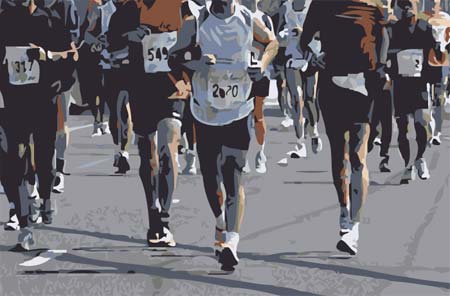Many athletes exercising on a regular basis have a cold water bath after their regimes to decrease muscle soreness. However, a team from the University of Ulster has revealed that there could be some side-effects of exposure to cold water after physical activity.
As part of the study, nearly 366 people were incorporated in 17 trials. They were instructed to experience cold water bath soon after their exercise sessions such as running, resistance training or cycling. Though there were no apparent negative effects of cold water bath following exercise, the team believed that larger trials are required.
“Our take home message was that cold water immersion reduces muscle soreness by between 15 and 20 percent, however this was only when compared to a passive recovery such as resting and doing nothing. While 20% is a significant improvement for elite athletes who need to train intensely every day, non elites should consider that muscle soreness is generally self-limiting and these effects are superfluous unless you need to train at 100 per cent every day,†commented Dr Bleakley, the lead author of the study.
The findings essentially revealed that there were no significant differences between cold water immersion and other recovery methods. Muscle soreness could also be reduced via light jogging, warm water immersion or by accessing compression stockings. Furthermore, the analysts found that cold water immersion presumably resulted in oxidative stress along with increase in free-radical-species generation. The latter are considered to damage ambient cells in the body.
Cold water bath apparently resulted in some amount of shock on the body, the team added. However, they are not clear on the influences of other interventions that can be used in place of cold water immersion.
The study is published in the journal, The Cochrane Library.

